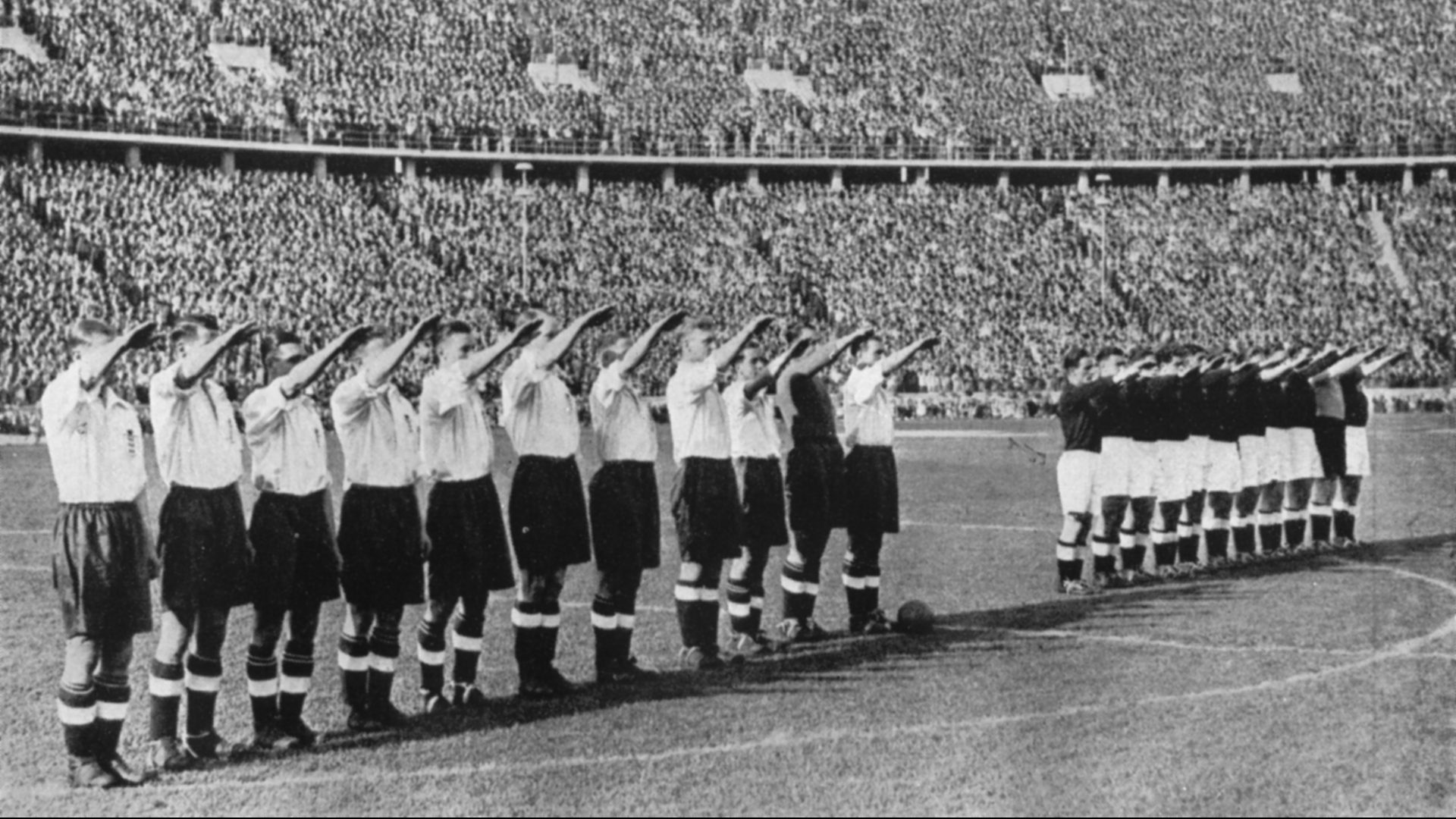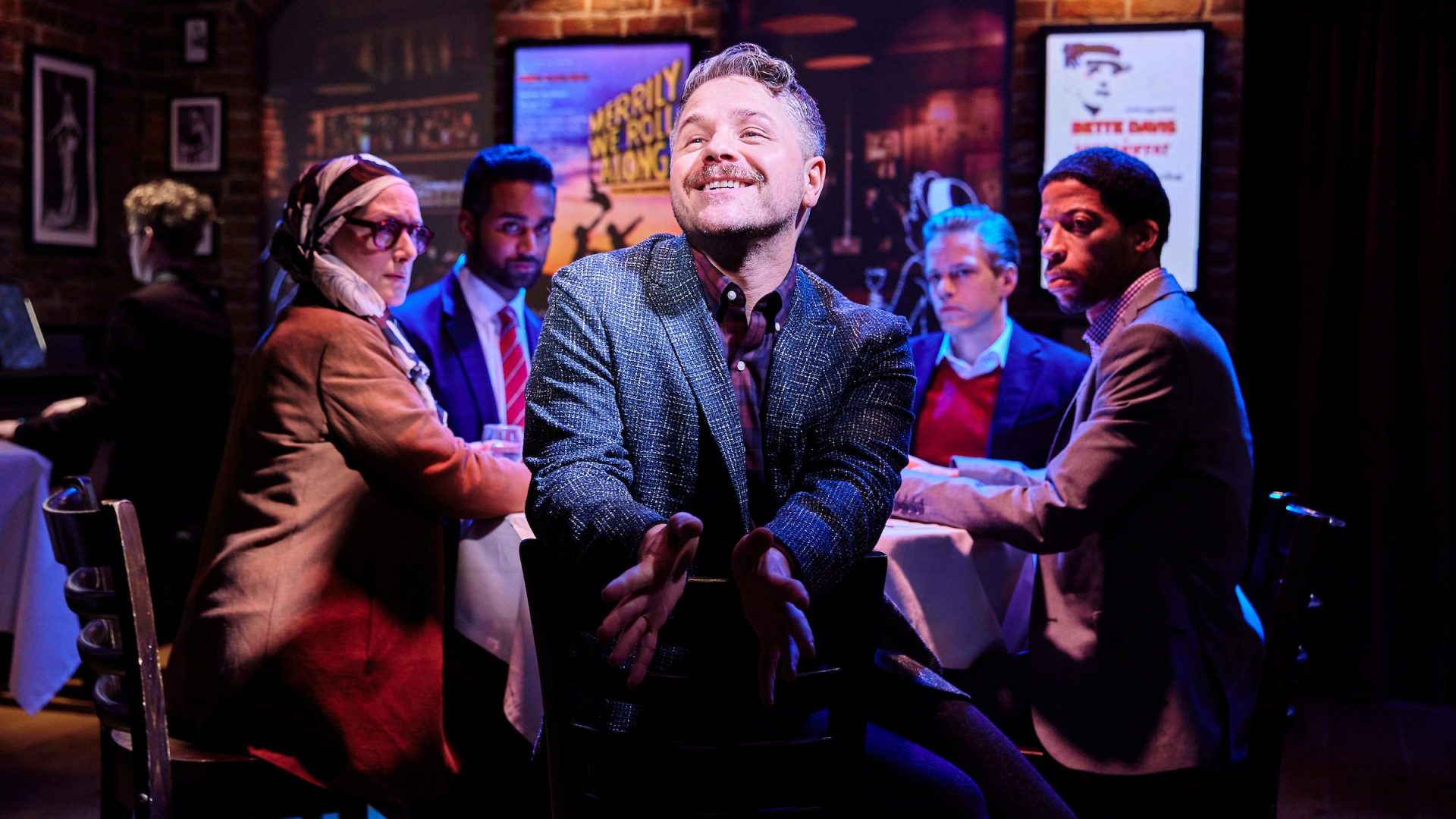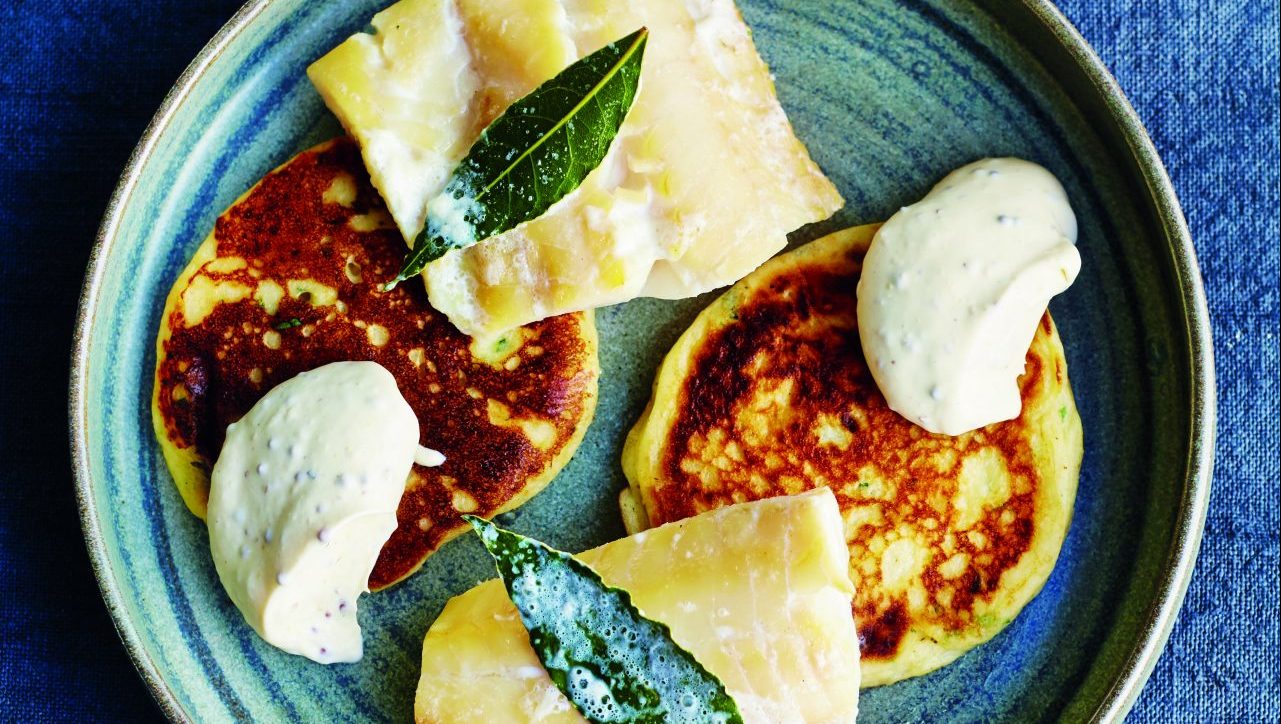Five days into the Russian invasion of Ukraine, Fifa and the International Olympic Committee bowed to world outrage to bar Russia and Belarus from their tournaments. But make no mistake: football and the Olympics are run by men whose sycophancy towards Vladimir Putin breaches every tenet of what sports should be.
Thomas Bach, the German head of the International Olympic Committee, allowed Russians to compete at the Games under a “neutral” flag long after Moscow’s state-sponsored doping laboratory corrupted competition and harmed athletes, perhaps for life. This culminated last month in the humiliating fall of 15-year-old Kamila Valieva on the Olympic ice in Beijing – a chilling echo of East Germany’s doping in the 1970s.
Bach should have had every reason to put clean sport ahead of his relationship with the Kremlin. Similarly, Gianni Infantino, Fifa’s Swiss figurehead, who owes his position to the downfall of the men who took bribes for votes towards hosting World Cups in Russia in 2018 and in Qatar
later this year.
Infantino, who received from Putin the Russian Order of Friendship, sucks up to tyrants. His obsession to expand Fifa tournaments wilfully disregards
the political consequences. On Sunday, Infantino’s committee waived through Russian participation in this month’s World Cup qualifying games, even as the bombs fell on Ukraine.
Fifa borrowed the hollow IOC format allowing Russians to participate under the name Football Union of Russia, with no flag or anthem. Inevitably their immediate opponents, Poland, refused to play the Russian bear. So did Sweden and the Czech Republic, who might have been next in line to face Russia.
Even the English FA, who have no fight in these play-offs, said that they would decline any contest at any level against a country whose dictator
threatens the nuclear option in Europe. There would be no appeasement along the lines of the infamous 1938 Nazi salute in Berlin.
Putin uses sport to sweeten relationships. Chuck Blazer, the American who admitted to kickbacks within the Fifa hierarchy, boasted of holidaying with Putin. Bernie Ecclestone, the former tsar of motor racing who took F1 to Sochi, last week reiterated his admiration for Putin “a straight and honourable” man.
At 91, Ecclestone no longer influences F1. The new overlords, American, swiftly abandoned this year’s Russian Grand Prix, hoping that Arabia will pick up the £40m tab for an extra race in Qatar or Bahrain.
Here lies the crux of the sporting dilemma. Games are sold as crossing all barriers of race, religion or politics. That has not been true since Hitler exploited the 1936 Berlin Olympics.
Before Roman Abramovich thought of distancing himself from Chelsea by gifting “stewardship” (but not ownership) to the club’s charity foundation, Schalke 04 dropped the Gazprom logo from its shirt. Schalke, the miners’ club in the Ruhr, had received funding from Russia’s state oil company for 15 years. The deal was brokered by former chancellor Gerhard Schröder and symbolises Germany’s dependence on Russian energy. The Champions League had a comparable Gazprom deal until, again on Monday, Uefa cut off the remaining £80m sponsorship.
Manchester United no longer flies Aeroflot, nor receives millions to do so. Money from a pariah nation is the equivalent to the cigarette sponsorship
that once choked the image of sport in the way that gambling advertising does today.
In the words of Robert Lewandowski, the Bayern Munich goalscorer who was willing to give up perhaps his last hope of leading Poland to the World Cup: “We can’t pretend nothing is happening.” Poland’s refusal to play Russia, he said, was the right decision.
Indeed it is. Players have become dependent on sponsorship from often dubious and now deadly sources for their Hollywood salaries.
But life is more important, and when life faces obliteration on our continent
we have to react. One irony of the invasion of Ukraine is that the only time Russia contributed meaningfully to world football was under the banner of the Soviet Union – coached by Kyiv-born Valeriy Lobanovsky and whose players included Kyiv striker Oleg Blokhin and the artistic Georgians David Kipiani, Aleksandre Chivadze, Ramaz Shengelia.
It is not a coincidence that Georgia’s capital, Tbilisi, is one place where I have witnessed engrained hostility to what Putin represents. I have felt that too in
Finland, in Poland, in the Czech Republic, in the company of the great runner Emil Zátopek who stood defiantly in the path of Russian tanks during the Prague Spring. Also in Finland, Moldova, and even in the small New Zealand town of Pahiatua, which took in 900 Polish women and children fleeing Russian oppression during the second world war. They became
scientists and community leaders.
But most of all in Poland and Ukraine during Euro 2012. There was no mistaking the hostility between Polish and Russian supporters when the teams met in Warsaw. And in Gdańsk, my mother’s birthplace, which was flattened first by the Nazis and then by Russia during the second world war, and stoically rebuilt into the birthplace of Solidarity.
My grandfather, born in Belarus, took his family out of Gdańsk (Danzig as he knew it) to Berlin, then fled the Nazi regime and resettled in England. So perhaps I understand rather better than Bach, Infantino or Ecclestone, what sport means in a free world.




